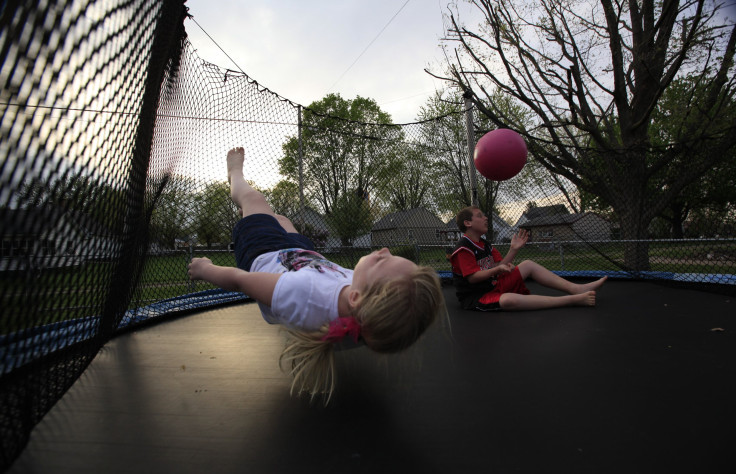Tests Help Shed Light On Autism Genetics

(Reuters Health) - Advances in genetic testing may eventually allow for more tailored care for people with an autism spectrum disorder (ASD), researchers say.
"Ultimately, what we want to do is subcategorize different forms of autism so we can give specific kinds of treatments," said study author Stephen Scherer, of the Hospital for Sick Kids in Toronto.
People with an ASD may have difficulties with social, emotional and communication skills. They may also repeat certain behaviors and have different ways of learning.
Scherer and colleagues screened 258 unrelated Canadian children with ASD diagnoses using "chromosomal microarray analysis," which looks for duplicated or missing segments of a chromosome, where genes are located.
Overall, 9.3 percent of the children had random or inherited genetic mutations that could help to explain their ASD.
Ninety-five children were also screened with one of the most extensive genetic tests available known as whole-exome sequencing, which found genetic mutations in 8.4 percent.
When the results were combined, mutations were found in 15.8 percent of children.
Only two children had positive findings on both tests. "You need to do both tests, because they produce non-overlapping data," Scherer told Reuters Health.
The children were also examined for physical abnormalities. While 37.5 percent of those with the most abnormalities had genetic mutations that could explain their ASD, that was true for only 28.6 percent of kids with a moderate number of physical abnormalities and 6.3 percent of those with the fewest abnormalities.
It's possible, therefore, that a physical exam might someday be used to help predict which children with an ASD are most likely to have an underlying genetic mutation, the researchers write in JAMA.
A lot of parents want to know the likelihood of another child of theirs being born with an ASD, said Dr. Catherine Lord, who directs the Center for Autism and the Developing Brain (CADB) at Weill Cornell Medical College and New York-Presbyterian in New York City.
But Lord, who was not involved with the new study, cautioned that these types of genetic results might not do much for the children right now.
"In terms of what this is going to do to change a child's life, in many cases it’s not going to change much," she said.
Still, the new findings are important for the general public, because they start to show what families might be able to learn from this kind of testing, Lord said.
While chromosomal microarray analysis is available in most major medical centers, Scherer also cautioned that whole-exome sequencing is still a few years away from being available outside of research settings.
Each test can also cost about $1,000, according to online estimates.
Scherer also said genetic counseling, which guides patients and their families before and after genetic testing, is critical for these kinds of screenings.
"Having these tests done is critical and they’re going to be helpful, but the data has got to be delivered to them in a way they can understand and utilize it," he said.
Lord said the new findings may encourage families to participate in large studies, which will provide researchers with data to identify genetic mutations that may someday help shape the treatment of people with ASDs.
"I think is would encourage families to give researchers the benefit of doubt if they have the energy and time to participate in the studies, because we need the information," she said.
The U.S. Centers for Disease Control and Prevention estimates the rate of ASD at one in 68 U.S. children, with cases about five times more common among boys.
SOURCE: http://bit.ly/1IFIvYc and http://bit.ly/1IFIxQ7 JAMA, online September 1, 2015.
Published by Medicaldaily.com



























